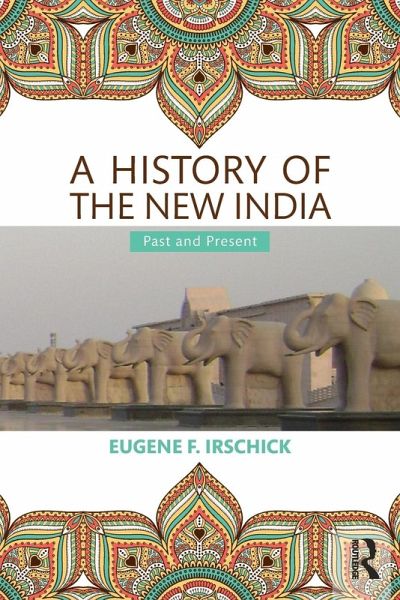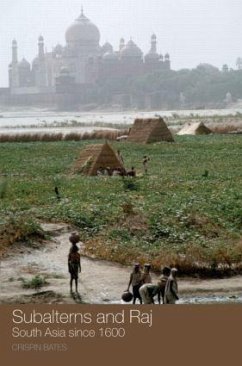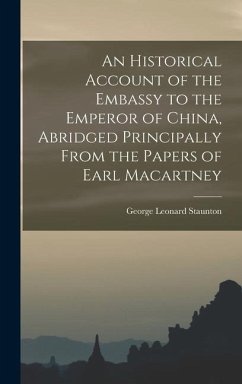
A History of the New India
Past and Present
Versandkostenfrei!
Versandfertig in 1-2 Wochen
68,99 €
inkl. MwSt.
Weitere Ausgaben:

PAYBACK Punkte
34 °P sammeln!
Providing a different approach to the history of India than previously advocated, this textbook argues that there was a constant interaction between peoples and cultures. This interactive, dialogic approach provides a clear understanding of how power and social relations operated in South Asia. Covering the history of India from Mughal times to the first years of independence, the book consists of chapters divided roughly between political and thematic questions.














